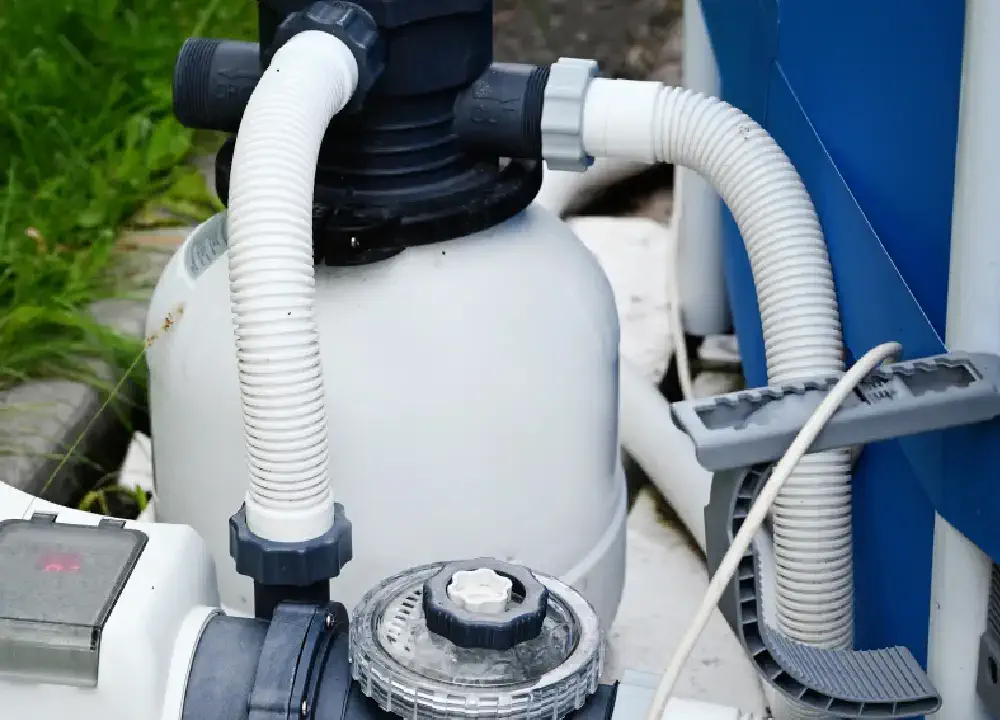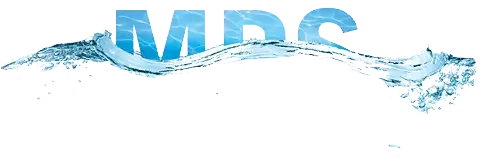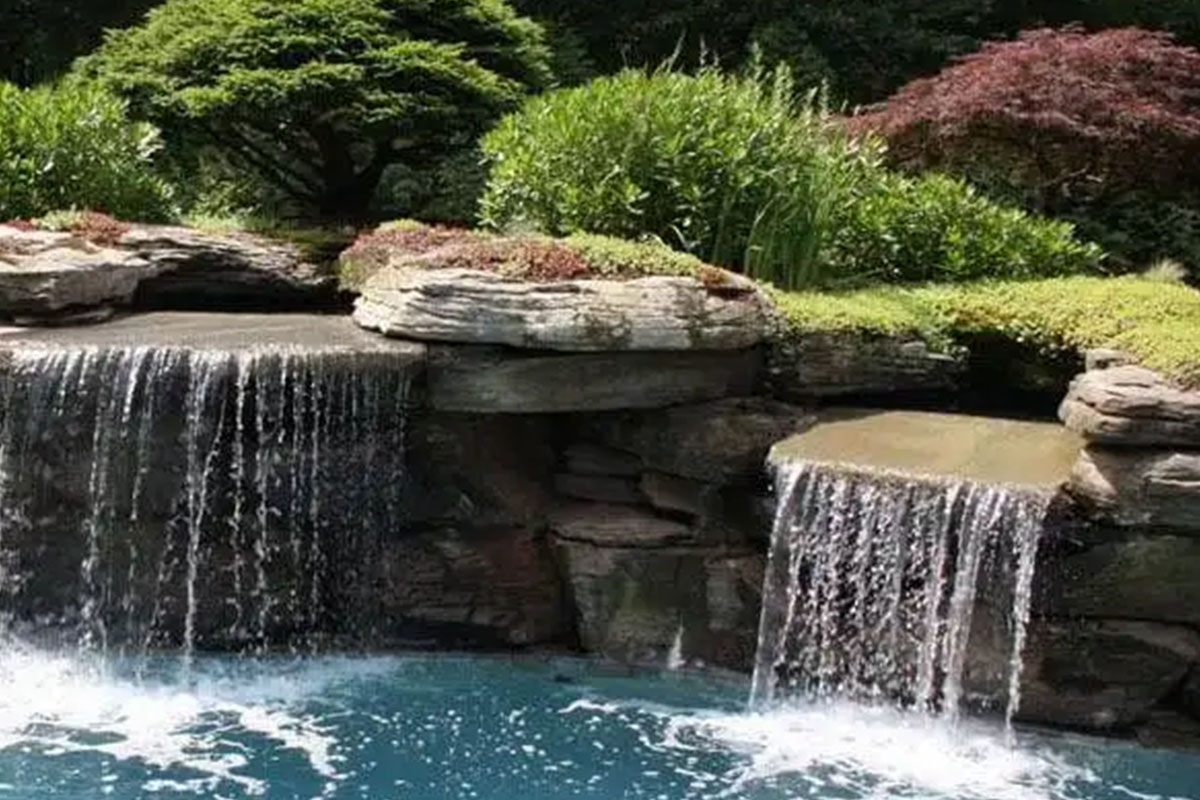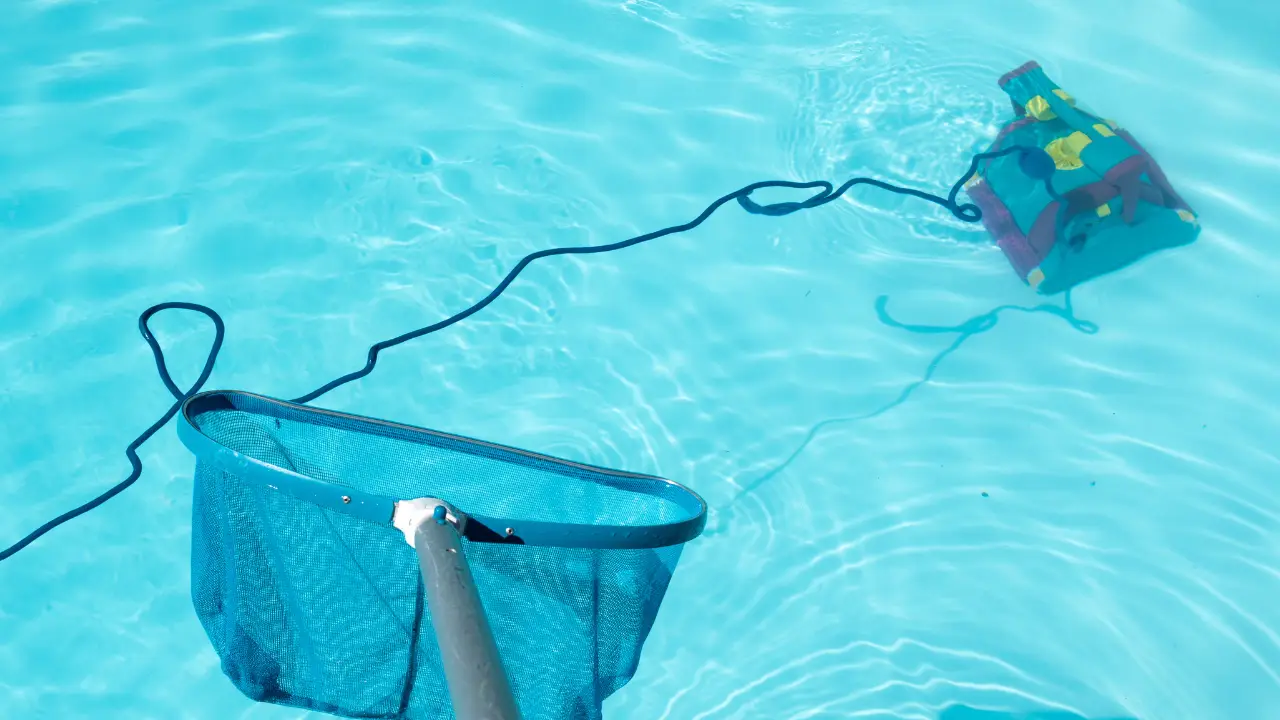A quiet, efficient pool pump is crucial for maintaining crystal-clear water and a comfortable swimming environment. But what should you do when you notice your pool pump making noise? Pool equipment repair often becomes necessary when homeowners hear rattling, grinding, or humming sounds coming from their pump. Let’s dive into why this happens and what you can do to fix it.
Common Pool Pump Noises and Their Causes
Strange noises coming from your pool pump are often the first sign of trouble. Identifying the type of noise can help you understand what’s wrong. Here are some of the most common sounds and their potential causes:

1. Rattling or Vibrating – A rattling pump could indicate loose parts or debris inside the pump housing. This often happens after a storm or during high winds, common in Houston’s unpredictable weather. Check for small rocks, leaves, or other debris that may have entered the pump.
2. Humming but Not Starting – If your pump hums but doesn’t start, it’s likely a motor issue. The capacitor, a small but critical part, may be failing. Houston homeowners often face this problem due to wear and tear from year-round pool use.
3. Screeching or Grinding – A high-pitched screech or grinding noise often signals that the bearings inside the motor are wearing out. Pool pumps operating in humid climates, like Houston’s, are particularly susceptible to bearing damage due to moisture exposure.
4. Gurgling or Air Noises – Air trapped in the pump or plumbing system can cause gurgling sounds. This usually happens when there’s a leak in the suction side of your pump, often at the lid or the O-ring. Addressing this quickly is important to maintaining efficient water circulation.
DIY Tips for Diagnosing Pool Pump Issues
Before calling a pool equipment repair professional, you can try some troubleshooting steps:
1. Inspect the Pump Basket and Impeller – Debris clogging the pump basket or impeller can cause rattling or reduced performance. Turn off the pump, open the pump lid, and remove any visible debris. Then, gently spin the impeller to ensure it’s free of obstructions.
2. Check for Loose Screws or Bolts – Vibrating noises are often caused by loose screws or bolts on the pump or motor. Tighten them carefully, but avoid over-tightening, as this could damage the housing.
3. Examine the Pump Lid and O-Ring – A poorly sealed pump lid can allow air into the system. Remove the lid, clean the O-ring, and apply a silicone-based lubricant to ensure a tight seal. Replace the O-ring if it appears cracked or worn.
4. Test the Capacitor – If your pump hums but doesn’t start, the capacitor may need replacing. While this is a relatively simple task for those comfortable with electrical components, it’s best left to professionals if you’re unsure.
When to Call a Professional

While some issues can be resolved with DIY solutions, others require expert intervention. Here are some signs it’s time to call a pool equipment repair specialist:
- The pump continues to make noise despite troubleshooting.
- You notice visible damage to the motor or other components.
- The pump loses its prime repeatedly, even after resealing the lid.
- Electrical issues, such as frequent tripping of the circuit breaker, occur.
Houston-area pool owners benefit from having experienced professionals close by who understand the unique challenges posed by the local climate. For example, the high humidity and frequent rainstorms can accelerate wear and tear on pool equipment.
Preventing Future Pool Pump Problems
Regular maintenance can extend the life of your pool pump and reduce the need for repairs. Follow these tips to keep your equipment in top shape:
1. Clean the Pool Regularly – Debris-like leaves and dirt can clog your pump and filter. Skim the surface of your pool daily and vacuum weekly to minimize buildup.
2. Schedule Routine Inspections – Hire a professional to inspect your pool equipment annually. They can identify potential issues before they escalate, saving you time and money.
3. Monitor Water Levels – Low water levels can cause your pump to lose prime, leading to noisy operation. Ensure your pool is filled to the appropriate level, especially during Houston’s hot summers when evaporation rates are high.
4. Invest in a Pump Cover – A pump cover protects your equipment from the elements, reducing wear and tear caused by rain, UV exposure, and debris. This is particularly beneficial in Houston’s climate.
Reliable Pool Equipment Repair Near You
Don’t let a noisy pump ruin your poolside experience. Addressing issues early can prevent costly repairs and keep your pool running smoothly year-round. Whether you’re in Houston or a nearby area like Sugar Land or Katy, our team at Manning Pool Service is here to help. We specialize in pool equipment repair and maintenance, ensuring your pool stays in top condition. Contact us today for expert advice and service you can trust!



